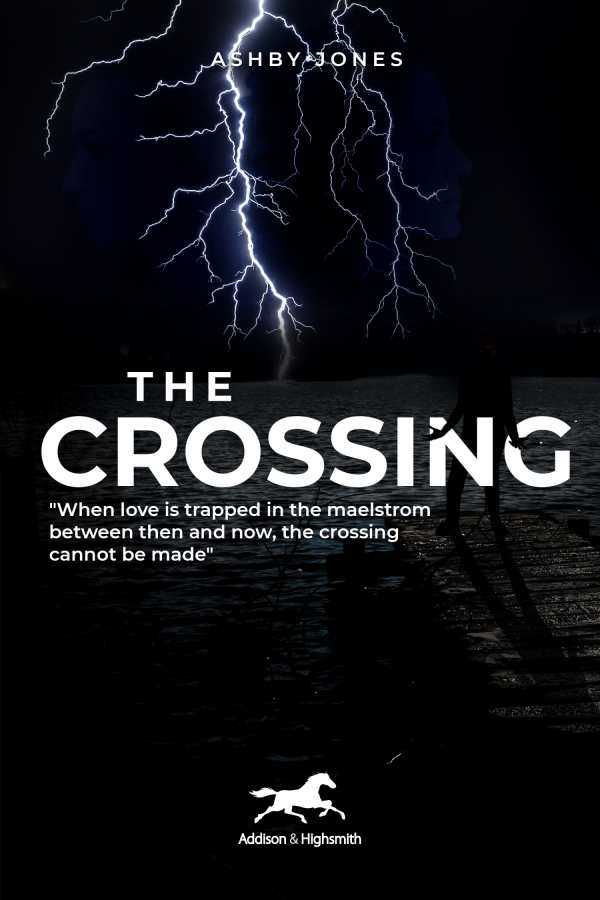The Crossing
The historical novel The Crossing is dense with instances of love and contemplations on letting go of the past.
In Ashby Jones’s historical novel The Crossing, an exiled British soldier finds love in Prohibition-era America.
Johnny is sent to the US aboard a disease-laden ship. The harrowing crossing doesn’t kill him, so the malicious captain forces Johnny to walk a literal plank. Once more, Johnny escapes death, and a gang hires him to run whiskey to the pubs of Hell’s Kitchen. In this harsh, dangerous place, Johnny ekes out a living, using booze to dull the pain of having lost his true love, Nora, after his firing squad executed her father, the legendary Irish revolutionary, James Connolly. Their parting haunts Johnny.
Still, Johnny grows close to Esme, an ethereal singer who acts as a caretaker for the sick children of Hell’s Kitchen. Johnny and Esme bond, in part, over their mutual desire for revenge. But news of Nora’s arrival in America forces Johnny to confront his past—and to hope for a future free from retribution.
Nora haunts most of the book, lingering in Johnny’s thoughts and appearing before him whenever he drinks too much. The story seems moving toward their reunion; its turn toward a love triangle is painful and sharp, following as Johnny’s connections to his past clash with his present situation. But this tension reaches an abrupt, unsatisfying resolution late in the book; it stands at odds with the considerable, emotionally traumatic build-up to it.
Still, Hell’s Kitchen is developed ably, populated by compelling, flawed individuals whose stories reinforce a message of forgiveness and letting go. From sick children to broken men, the people of Prohibition-era New York are haunted. They breathe life into Johnny’s world, as well as imbuing it with a sense of history and depth. The prose includes both beautiful and grotesque details, all undergirded with a sense of contemplation: Johnny, for example, wears a cross fashioned from finger bones that digs into his skin, but that he’s loath to get rid of. There are also surreal, esoteric musings that come in long passages, though, detracting from the story’s progression; some add little to the larger story.
Working toward cliffhangers and a sense of uncertainty around the central cast, the historical novel The Crossing is dense with instances of love and contemplations on letting go of the past.
Reviewed by
John M. Murray
Disclosure: This article is not an endorsement, but a review. The publisher of this book provided free copies of the book and paid a small fee to have their book reviewed by a professional reviewer. Foreword Reviews and Clarion Reviews make no guarantee that the publisher will receive a positive review. Foreword Magazine, Inc. is disclosing this in accordance with the Federal Trade Commission’s 16 CFR, Part 255.

